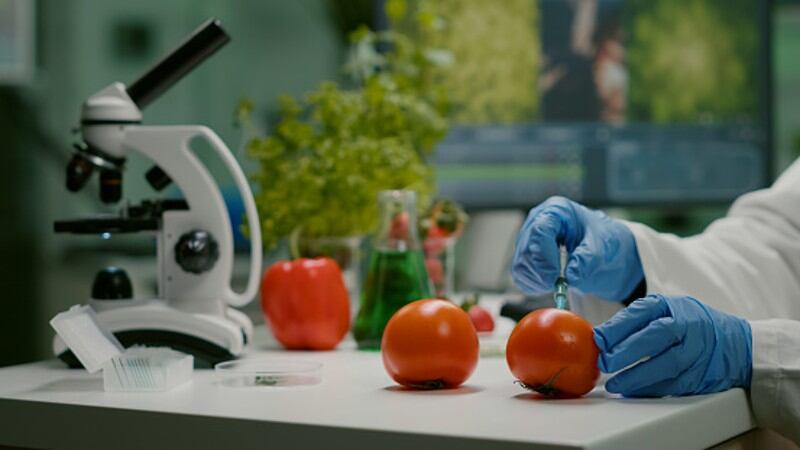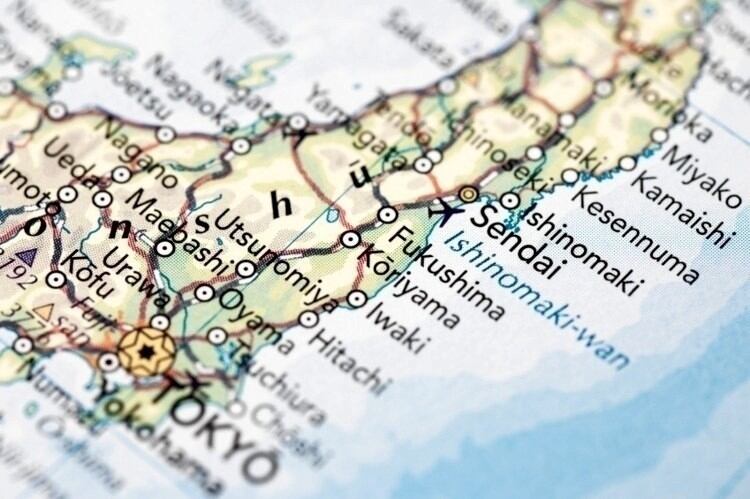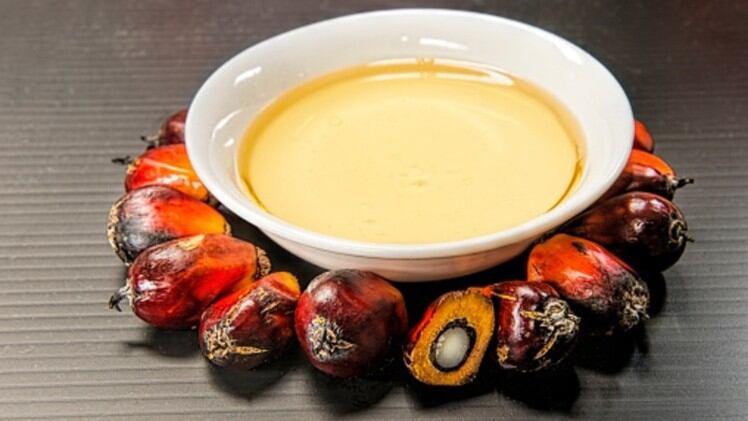The new guidelines mandate food firms that are importing food and beverage items which are not registered or approved by the local authority to secure a specialised form of import permit, which will specify said products as ‘Samples Only’.
“The application for this permit will only be entertained for food manufacturers/importers with food manufacturing or processing activities, food distributors engaged in imports for R&D purposes and so on – it will not be applicable for firms looking to perform market testing to consumers,” the Philippines FDA stated via formal documentation.
“The main scope will be for finished products or ingredients which have completed the manufacturing process but are not yet sold here, and this importation must be handled by the applicant for the research and development of its own product or as a sample by another establishment it has registered in the application.
“These imported food products are prohibited from market testing to consumers or display in any commercial facilities, trial runs or actual selling of the products – any taste testing can only be limited to the sensory panel employed by the applicant.”
The guidelines further specified that a sensory panel must comprise of a group of trained testers with ‘exceptional sensory faculties and can describe products on the basis of taste, smell or feel’ and have received special training to ‘describe their sensory experience words that are more detailed than those used by consumers and more useful for the research and development department’.
While this new arrangement is expected to improve the application efficiency for firms looking to bring in new products solely for research purposes, the FDA has also established strict limits for each imported item in order to ensure local food safety.
“The maximum limits for each imported product intended as samples will be determined per variant or type, and specified in the Invoice received,” the agency added.
“Maximum weight limits have been determined as 50kg per item for all finished products, 50kg or 50L for all raw food materials, 5kg per variant of food supplement (in the form of capsules, powder or tablets), and 5kg or 5L for accepted food additives.”
All applications for this import permit need to be applied for at least 14 days in advance of the arrival of the imported products, or the applicants will need to undertake the risk of shouldering full responsibility for any potential consequences in the case of the permit not being issued in time.
A successful import permit will be valid for 90 days from the date of issuance, and is only allowed for a one-time usage. More details on the application can be found on the FDA website here.
Risk of rejection
In order to minimise the risk of having applications rejected, the FDA has also advised that applicants pay close attention to the most likely grounds for disapproval.
“The main one will be the failure to submit correct or complete documentation, and subsequently also failing to respond to notices issued on time regarding this,” it stated.
“Should the applicant fail to meet the requirements for issuance of the import permit, a Letter of Disapproval (LOD) shall be issued following a compliance period of seven calendar which shall specify the nature of the [rejection].
“All payments for disapproved applications shall automatically be forfeited.”





